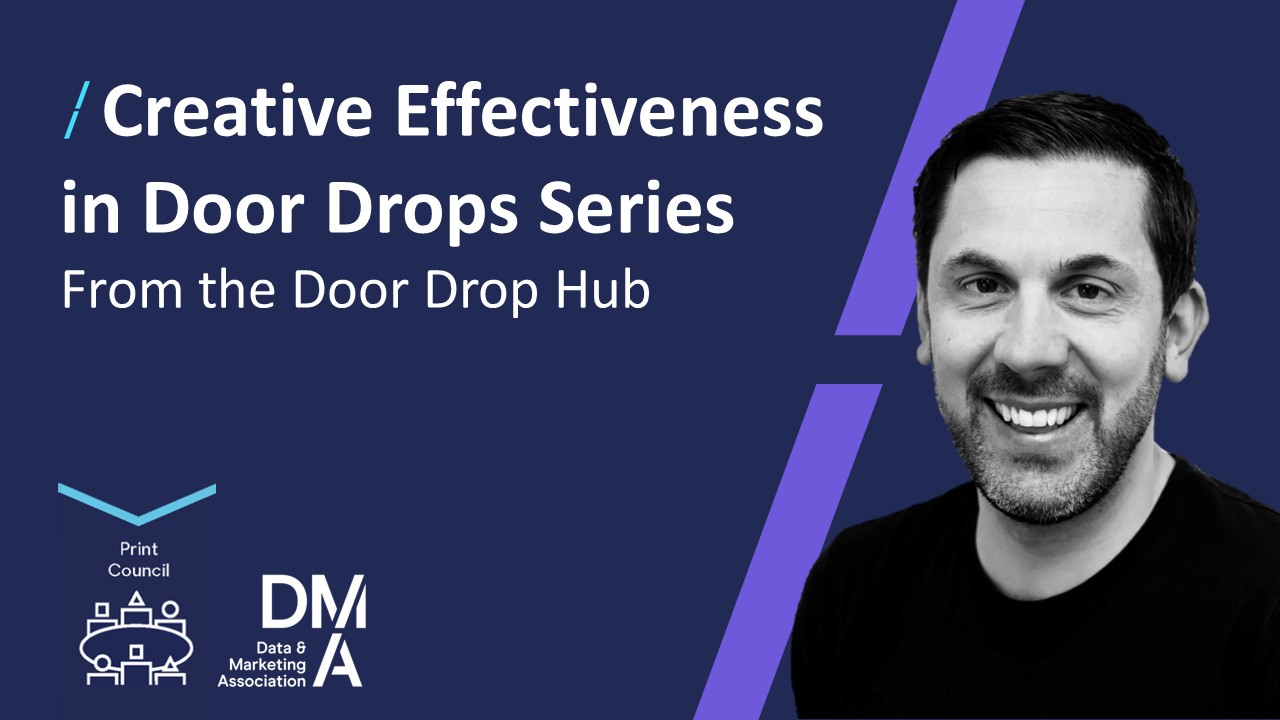How the Sapir Whorf Hypothesis Is Driving The New Business Industry
06 May 2015
Following my recent post, “The Creative Sector is Thriving”, it was intriguing to read the Evening Standard article by Annette King, (CEO of Ogilvy & Mather Group UK) “How creative industries became hard for the world to ignore”. As well as discussing the success of the creative industry and the large contribution it makes to the UK economy, it strongly demonstrates some really beneficial traits of the creative world and how the industry can provide unrestricted opportunities for those with drive and talent. It also includes 1 or 2 great dinner party/pub quiz facts!
Telling the story of the creative industry, King highlights the Sapir-Whorf hypothesis. This states that our thinking is constrained by our vocabulary, with the theory being that it is impossible to discuss or promote anything unless you have a name for it.
The example cited is the well-known term, “designated driver”. A phrase that was apparently (you learn something new every day) invented by people in Canada and Scandinavia, who recognised that the concept of having one person on a night out who would take responsibility for driving was much more easily and readily adopted if that driver had a name. King goes on to explain that “In the US, the minting of the phrase was a significant factor in reducing road fatalities in the 1980s onwards”. So, by naming and branding the driver, the role became recognised, accepted and utilised. Genius!!
This case is used to highlight the importance of the branding of the creative world. Prior to the term “Creative Industries”, there were many small to medium businesses working in film, architecture, software design, marketing and advertising, but until they were packaged together the value of the overall industry was never recognised.
Now the creative industries are growing at 10% per year and provide a £77 billion contribution to the UK industry.
The same theory could be attached to the development and evolution of the new business industry. Obviously new business as a concept within companies and sales departments was nothing new back in 1987, but it was certainly not a recognised industry. Alchemis was the first new business agency for the marketing and creative industries, and since our inception, the industry has developed and grown from a few players in the late 80s and 90s to 60-70 that we know of today. We hear of new agencies setting up almost weekly.
As such, the industry has advanced. Whilst not in the same realms financially as the creative world, we estimate that new business agencies within the creative sector alone represent upwards of £30-£40 million each year. If you then include other companies technically involved in new business, such as marketing automation, ISP look up platforms, data analytics, SEO/PPC agencies and telesales within other markets, the “new business” industry is contributing hundreds of millions of pounds.
Within creative services, “New Business Agency” is now a recognised term. It has been branded and is widely accepted and utilised by creative and marketing agencies. The new business agencies themselves are not as hidden or in the background as they once were. Marketing Managers and Directors know we exist and accept that they will receive approaches from new business agencies on behalf of their creative clients. Hence, as we work on behalf of, and represent our clients, the requirement to be more professional, more skilled and understand clients better is vitally important. With the rise of more and more new business agencies, there will inevitably be some that don’t necessarily follow processes and approaches that we would deem to be best practice. The bigger and more established players should be leading the way in this regard and Alchemis are doing this with our recent membership to the Direct Marketing Association.
In her article, King suggests that the creative sector’s growth should be heralded more than other growth sectors. Her reasons behind this are:
Creative industries are environmentally clean compared with most
Wealth and properties can be created worth millions of pounds with nothing more than “talent, a pencil, a laptop, a camera or a mobile phone without imposing heavy costs somewhere else”
Creative jobs are much less vulnerable to automation. They are still very much reliant on human talent
More importantly, King believes that the creative industry contributes to “counterbalancing the rising problem of “bad inequality” in the UK. To work in the creative industry, more than most others, there are no ceilings or barriers to entry and development. You can start at the bottom and through hard work, commitment, drive and talent you can get to the top.”
King highlights the only other industries that can match this are catering and hospitality.
However, I believe that new business, certainly when it is on behalf of creative agencies, has similarities. It could be argued that intelligence, talent, a laptop and a phone is all you need to be a success in our industry. Whilst marketing automation exists, I firmly believe that establishing new, and building ongoing relationships requires human interaction, so in that sense, it is also less vulnerable to automation.
There are no barriers to development for great business developers. Account Managers have left Alchemis after a successful term to take up Director level positions and some have used their new business skills and industry knowledge to set up a creative business. Or some run their own new business agencies, further developing the industry as a whole.
Creative industry jobs are diverse and varied, and so is business development. They also require a mixture of temperaments, talents and specialisms. So does business development.
The rise of the creative industry as a whole is only ever going to be good news for Alchemis and the rest of the new business world, and that rise has, in turn, fed the development of the new business industry within that sector. I believe there are many parallels between the two, but fundamentally, both provide opportunity, a stimulating environment and the potential for a very successful future.






Please login to comment.
Comments